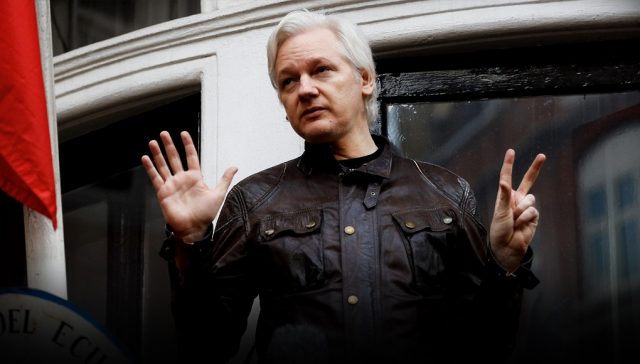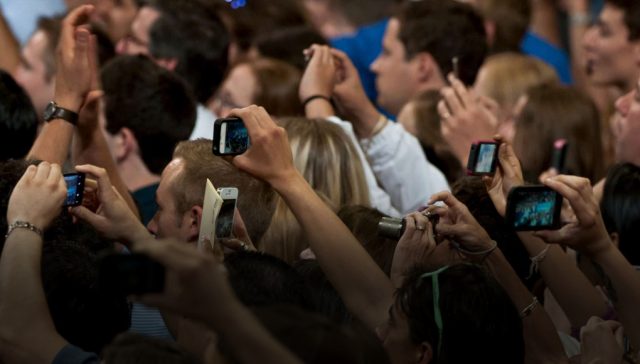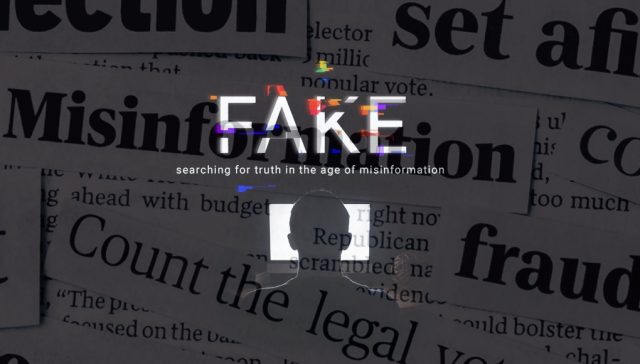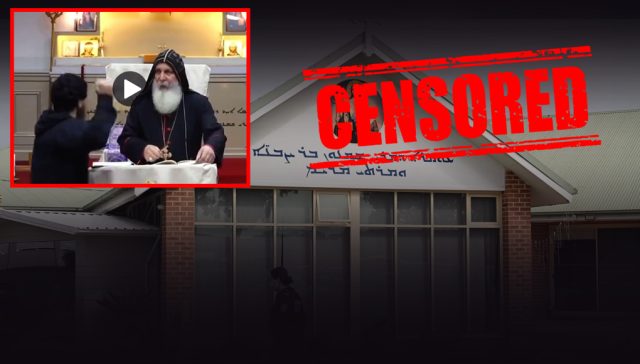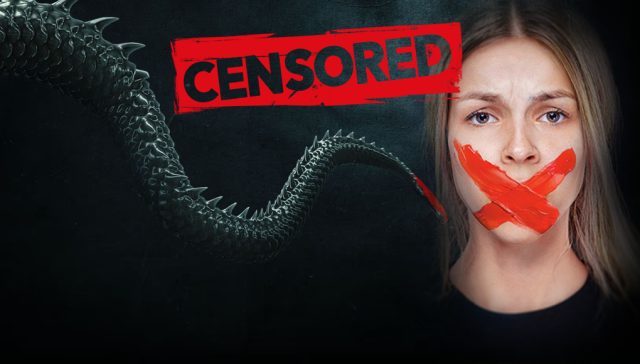Freedom of the Press
Green Sky Thinking
Imagine a fictional country named "Straya" has an authoritarian government that prohibits the publication of misinformation. The law defines misinformation as any information that is not approved by government authorities. It also states that misinformation does not require proof of intent to constitute spreading false information. Straya's government publicly declared that the sky is green. John, a citizen of Straya,...
Assange’s Last Appeal
Last week, Australian journalist Julian Assange's legal team sought permission from the High Court of the United Kingdom to appeal his extradition to the United States, where he could potentially face severe penalties. This appeal represents Assange's final opportunity to challenge his extradition within the UK's legal system. Assange has become a symbol of injustice, political persecution, and the fight...
The Rise of Citizen Journalism and Independent Media
Shortly after 4pm on the 27th of March, the X account @churPanic commenced a live broadcast on a mobile phone from the streets of Gisborne, New Zealand. Against a backdrop of community outrage at taxpayer-funded Rainbow Storytime in the local library, a pedestrian crossing had been whitewashed. Residents of this small North Island town were protesting at the repainting of...
A Digital Dark Age (part 2)
The only currency that matters is power – getting it and holding on to it. Attaining power these days involves denigrating and silencing your opponents in any way possible: censoring them, branding what they say as misinformation, disinformation or malinformation, with the primary aim being to prevent them getting their message out. As has been observed, ‘When ideas are bad, censorship...
Why You Should Oppose the Government’s Attempt to Censor the Sydney Church Stabbing Video
If you have been following the issue of freedom of expression in Australia, you will be aware of the efforts of the government to censor the Sydney church stabbing video on X (but not mainstream media websites) via a court order. The court order has since been overturned although what will happen next is still uncertain. It is not unusual...
Slaying the dragon of censorship.
Is there no wild beast more savage than man when his passions are armed with power? This is the question the ancient Greek historian, Plutarch, asked in relation to the actions of the newly formed triumvirate of Octavian (soon to be Rome’s first emperor, Augustus), Antony, and Lepidus as they turned on their Roman countrymen in their quest for power...







